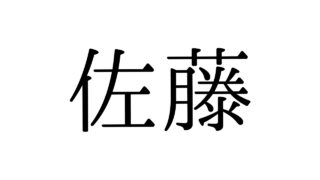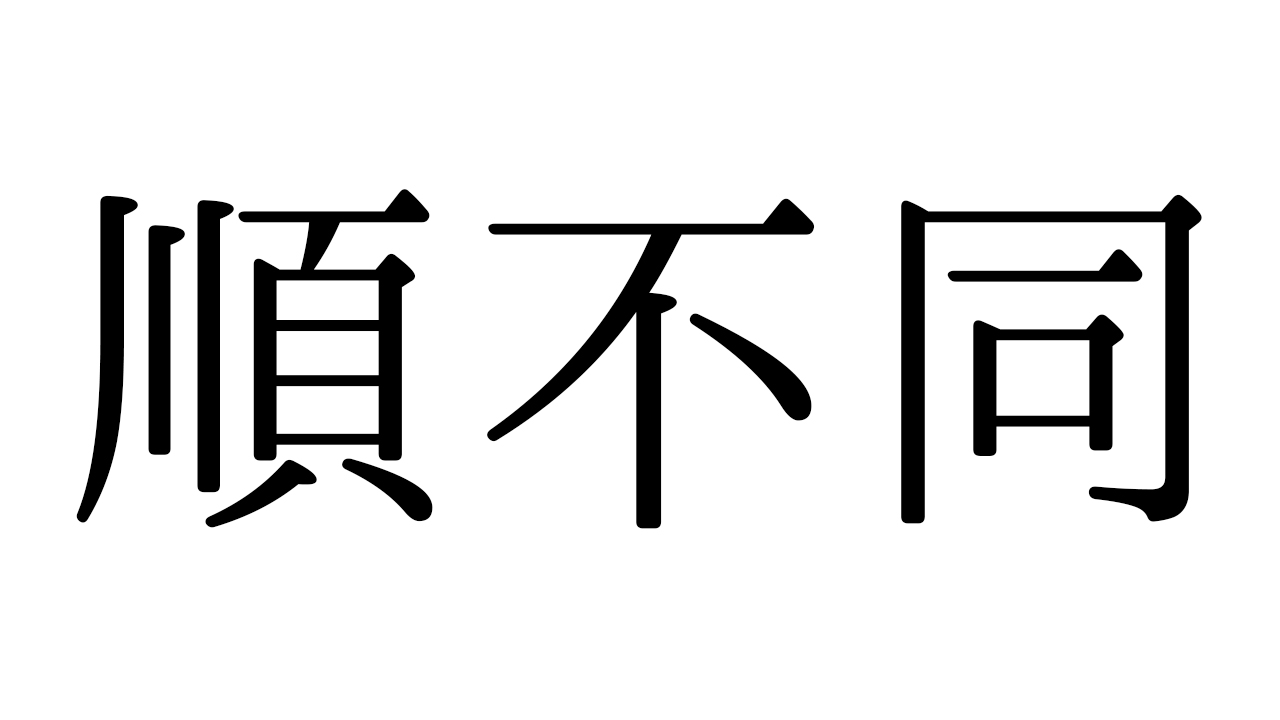Have you ever come across the term “junfudō” while reading a book, browsing the internet, or going through documents? If you’re wondering what it means and how it’s used, you’re not alone. In this article, we’ll explore the meaning of “junfudō,” its common usage, synonyms, and antonyms to help you better understand and utilize this term in your communication.
What Does “Junfudō” Mean?
“Junfudō” is a term used to indicate that the order of items being listed or discussed is not fixed or predefined. In other words, the items can be presented in a random or arbitrary order without affecting the overall meaning or importance of the content. This expression is particularly useful when presenting lists or items of equal importance or when the order of presentation does not impact the message being conveyed.
Examples of Usage
For instance, if someone says, “The topics for discussion in the meeting can be in any order (junfudō),” it means that the participants are free to discuss the topics in whatever order they choose. Similarly, if a speaker announces, “We will take questions in no particular order (junfudō),” it implies that the order in which the questions are asked is not important.
Synonyms
There are several words and phrases that have a similar meaning to “junfudō,” such as “arbitrary order,” “random,” and “haphazard.” These terms also convey the idea that items or events are not bound by a specific sequence and can be chosen or presented freely. For example, if the order of speakers at a conference is described as “arbitrary,” it means that the speakers can present in any order they like.
Antonyms
The antonyms of “junfudō” include phrases like “fixed order,” “in sequence,” or “in a specific order.” These terms emphasize that the list or steps should follow a predetermined pattern or logical sequence. For example, when describing a recipe or a set of instructions, the exact order of steps is crucial for achieving the desired outcome.
Conclusion
Understanding the meaning and usage of “junfudō” can help make your communication more flexible and efficient. However, it’s equally important to be aware of its synonyms and antonyms to avoid misusing the term in situations where a specific order is required.



















![感情類語辞典[増補改訂版] 類語辞典シリーズ](https://m.media-amazon.com/images/I/51+vZ0JLRNL._SL160_.jpg)

